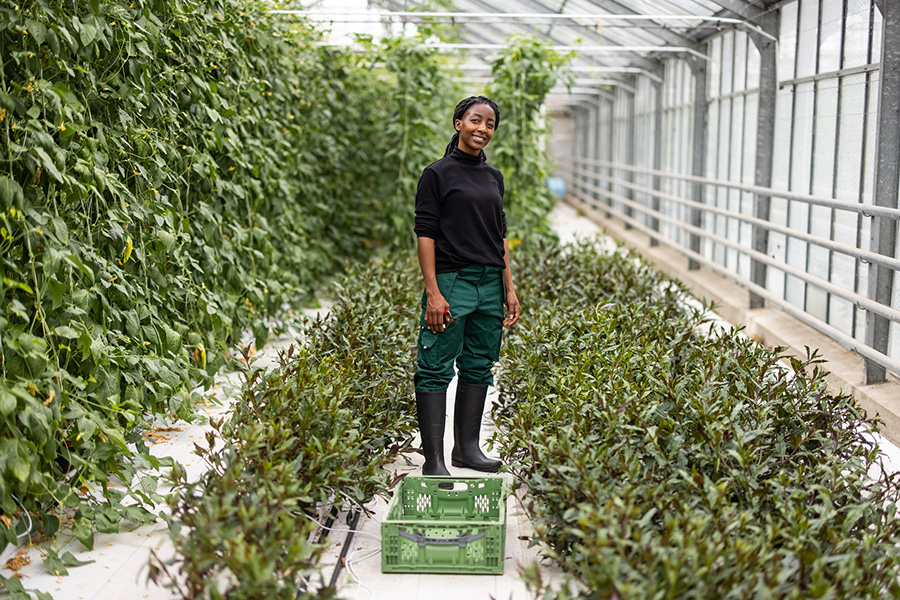
There are big stakes
Some writers predict that the world cannot avoid an environmental collapse, others that we have it within our power to mitigate the worst effects of climate change and to make the transition to a sustainable economy.
Pilotlight has no crystal ball, but we have a long expertise in harnessing the radical potential of civil society to transform our world. On gender equality, democratic suffrage, rights for disabled people, it has been civil society that has led the way.
Our new research is in exactly this spirit, pointing to the emergence of a wave of environmental charities and social enterprises that are piloting, testing and championing new solutions for a new economy.
The research shows that almost two thirds of environmental charities in the UK are actively looking for professional support from skilled volunteers.
As a result, we are calling for Partner Businesses to join a new practical pro bono programme, matching environmental charities with skilled volunteers from UK businesses to drive climate action.
Through volunteering, employees can use their unique professional expertise to help charities access the specialist skills they need but do not necessarily have the budget for. We see that 100,000 skilled “climate volunteers” are needed to accelerate environmental action in the UK.
As Prime Minister Rishi Sunak rolls back the UK’s climate commitments, pressure is set to fall on business and civil society even further to help drive impact.
But there are factors that can constrain the scope for practical partnership, including the rise of concerns around ‘greenwash’ and ‘greenhush’.
Two sides of the same coin
Greenwashing is when companies make misleading or exaggerated claims about their environmental performance, while greenhushing is when companies choose not to talk about their sustainability efforts at all.
Greenwashing is a serious problem in the UK, with a 2022 study by Changing Markets Foundation finding that nearly 60% of green claims made by 12 major brands were unsubstantiated or misleading. That undermines the consumer drive for sustainable products because people then can’t trust whether they are or are not what they say. This becomes a classic case of market failure on product and service quality, described in economic theory as ‘a market for lemons’.
Greenhushing, on the other hand, is a more focused problem that has emerged alongside the spotlight on greenwashing. Some companies are now choosing to keep their sustainability efforts quiet for fear of being accused of greenwashing. If this is a concern, it is because there is then less information with which to compare what companies do, slowing down the progress of the transition to a net-zero economy.
Leveraging skilled volunteering
As I see it, the use of skilled volunteers from business to support environmental charities is at least two steps removed from the higher risk forms of greenwashing. First, it involves no claims around what companies sell. And secondly, it steps aside from many types of corporate funding, in which the concerns are that companies retain the power and simply gain in reputation terms through their association with the charity or cause. With skilled volunteering, particularly in the managed programmes that Pilotlight runs, we work with teams of people (often from different businesses) and the power always rests with the charity leader.
Unlike funding, where the money can be pulled, skilled volunteering is a voluntary relationship with a far lower risk of creating dependencies
Skilled volunteering is a reciprocal not an instrumental exchange, a form of mutuality as there is learning for both sides: we know the extent to which those from business can learn from those in the charity sector. We all need to learn faster in the context of the complex environmental and social risks ahead.
It is in the nature of civil society to look to challenge those in power and this dynamic is a positive one in the context of the transition required for a sustainable economy. Equally, companies can be encouraged to speak up on sustainability, as long as they are also open to being held accountable for the claims that they make.
As we move forward with our efforts to fill the gap for a capacity building programme for civil society in the context of the climate emergency and linked sustainability challenges, we will be exploring how to make partnerships across sectors safe, productive and practical.

Together for climate action
New research from Pilotlight estimates that 100,000 skilled “climate volunteers” are needed to accelerate environmental action in the UK.
